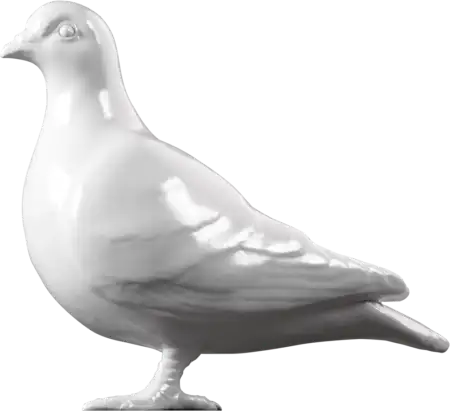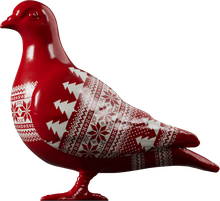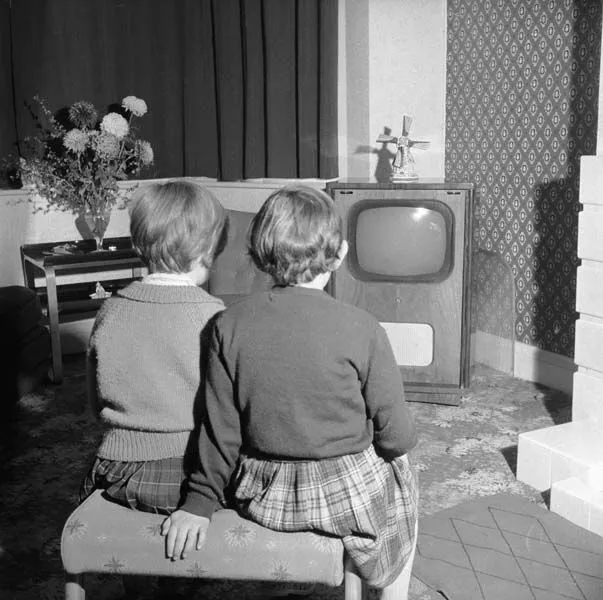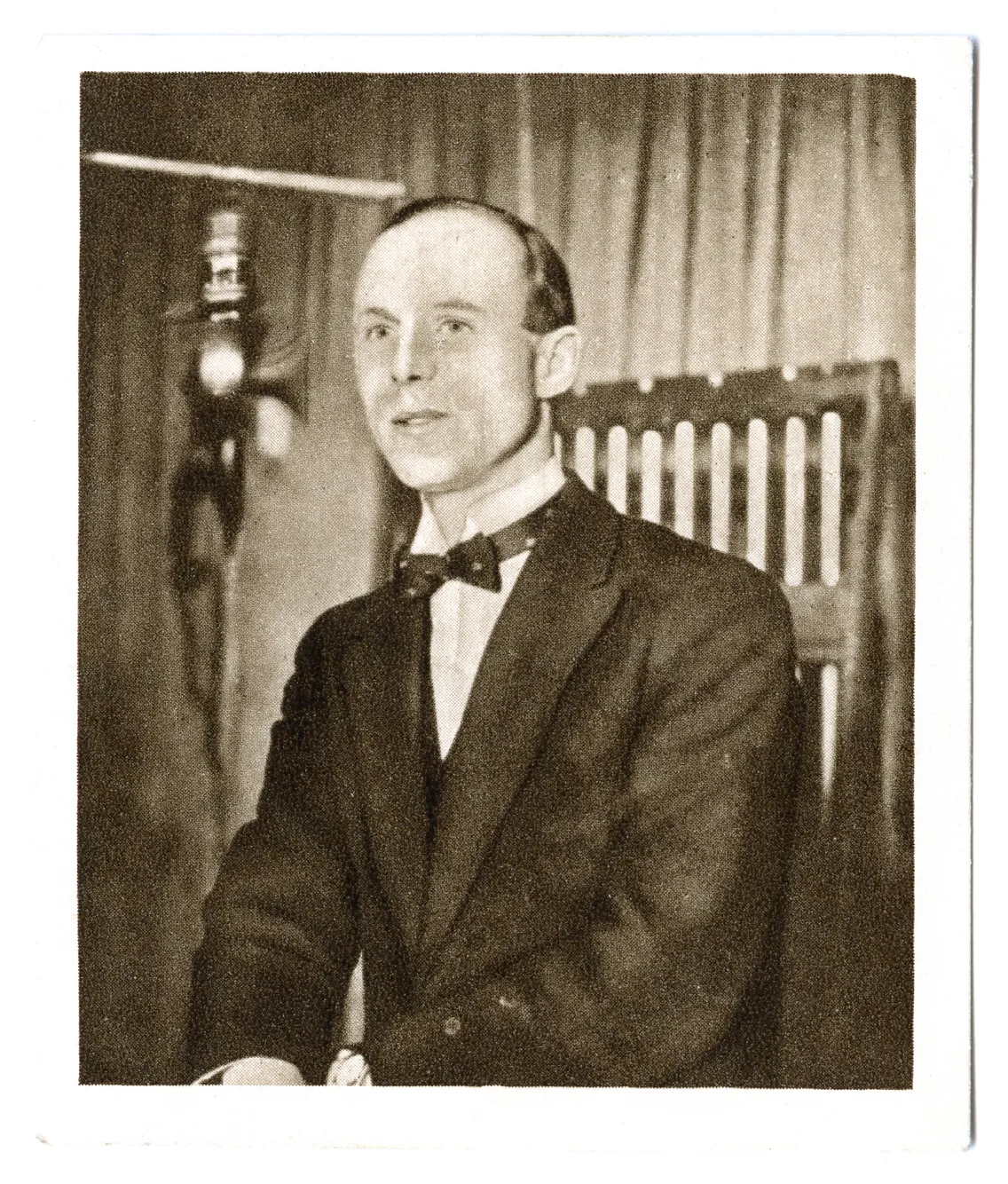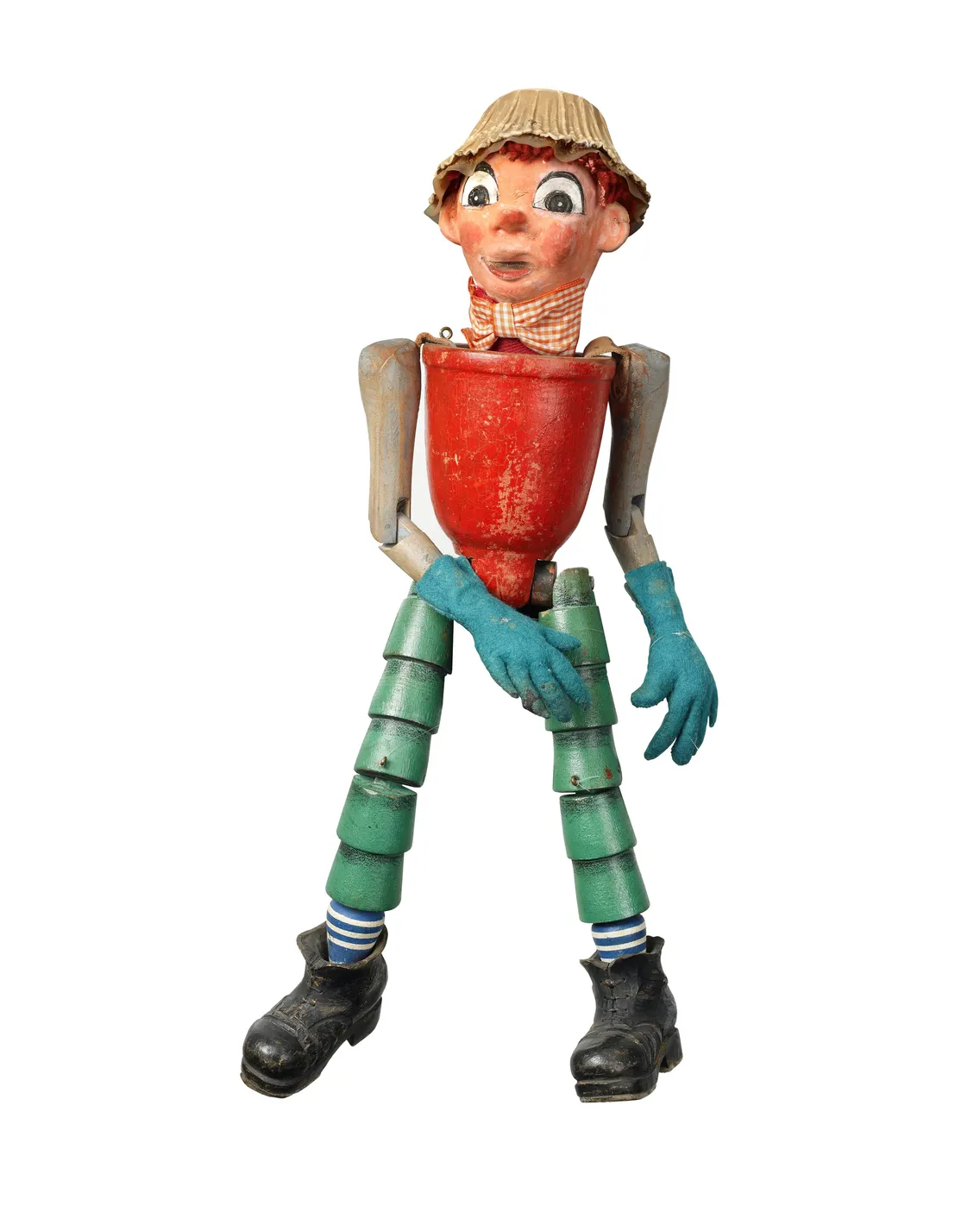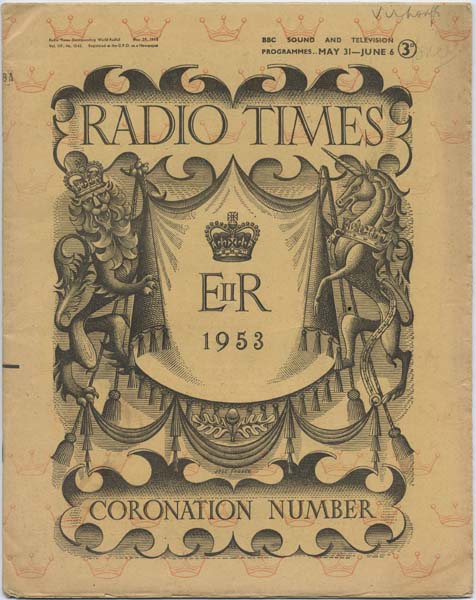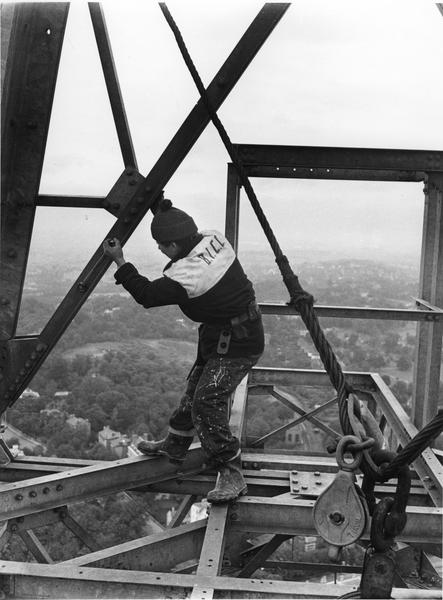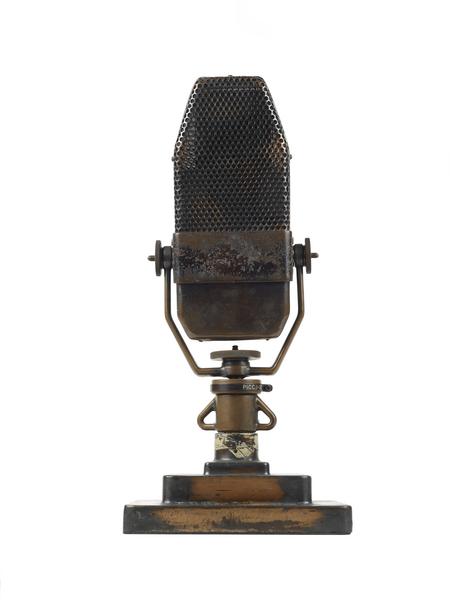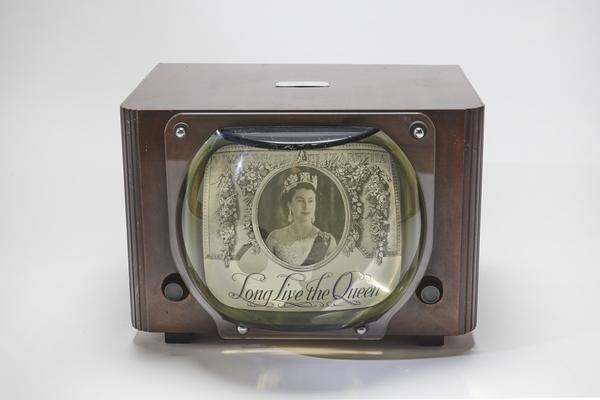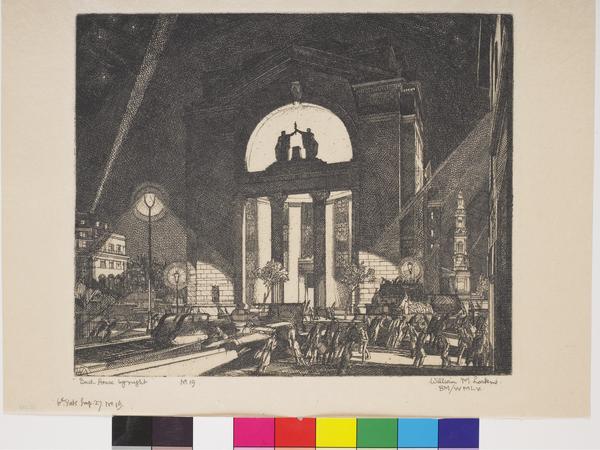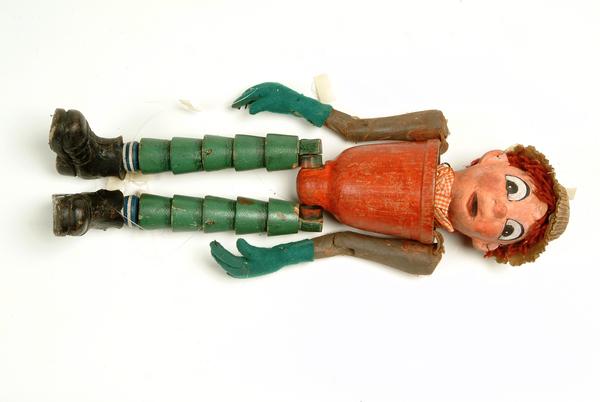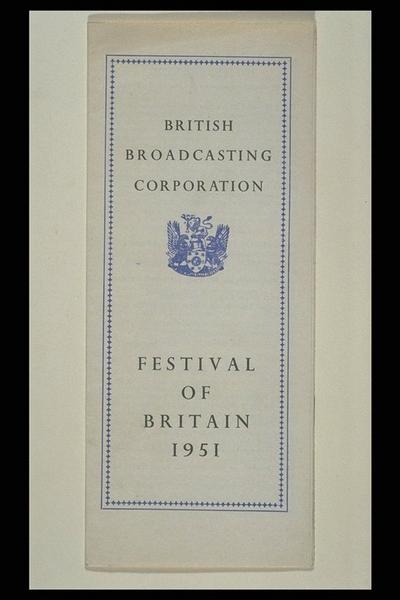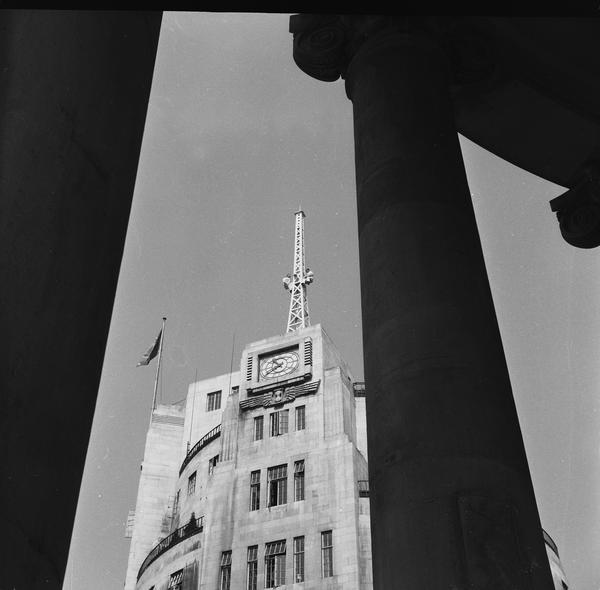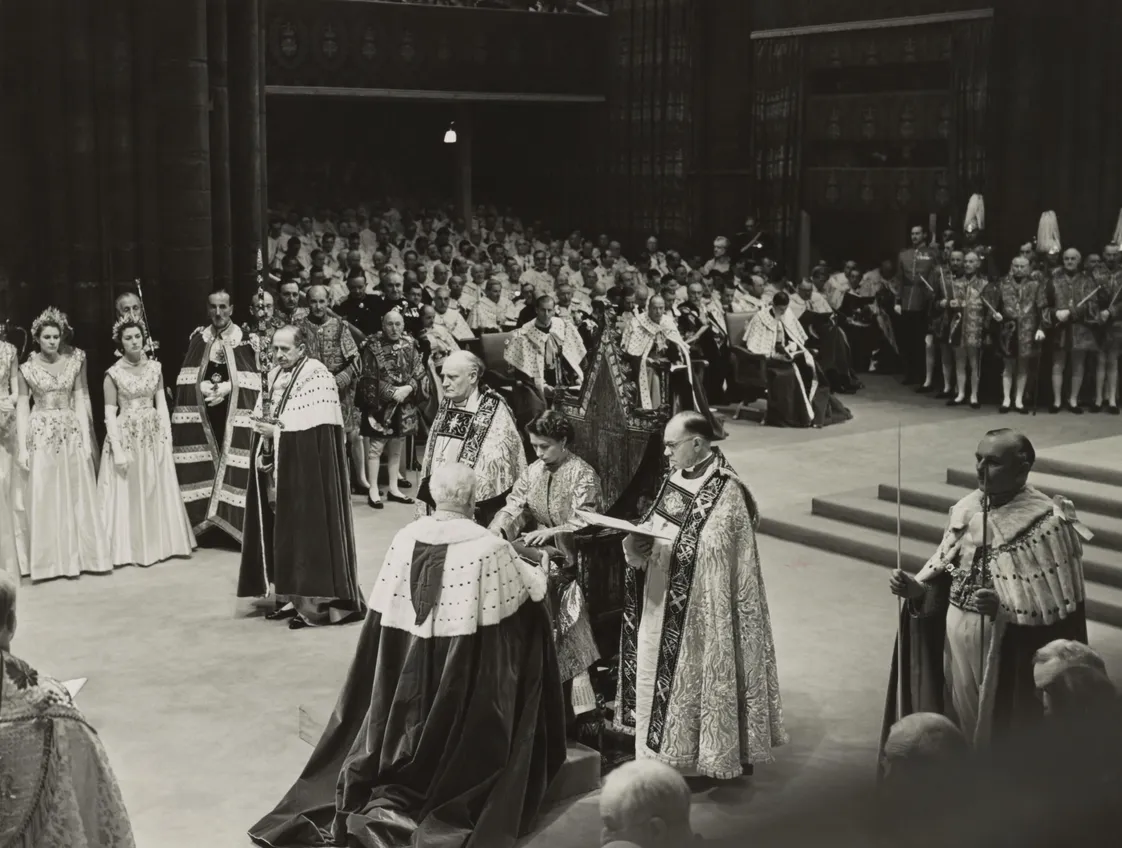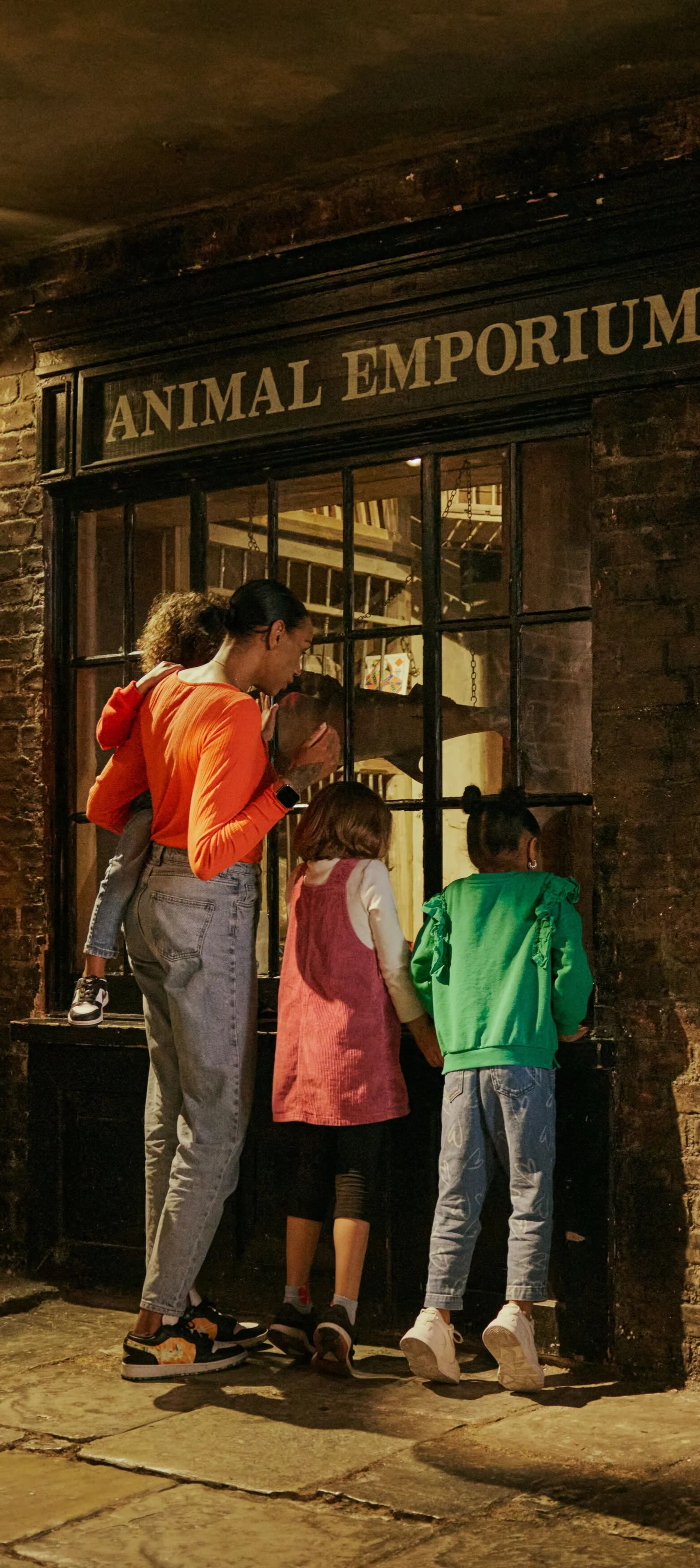The history of the BBC
The BBC is a world-famous public service broadcaster whose long history is closely tied to London.
Portland Place, central London
Since 1922
How the Beeb came to be
For over 100 years, on radio, then TV, then online, the BBC has been a constant source of news and entertainment. And London is its home.
What does BBC stand for?
The BBC is the British Broadcasting Corporation. When it started, it was called the British Broadcasting Company.
The BBC has nicknames too – it’s often referred to as the Beeb or Auntie.
When did the BBC start?
The General Post Office (the government department in charge of communications) successfully trialled two radio stations in 1922, which led to the founding of the British Broadcasting Company.
The BBC’s first radio broadcast went out on 14 November 1922 from the 2LO studio in London. 2LO belonged to Guglielmo Marconi, who pioneered the technology behind wireless radio.
By 1925 the BBC was broadcasting across most of the United Kingdom from their central-London base in Savoy Hill.
In 1927 John Reith, the general manager of the BBC, was knighted and the company became the British Broadcasting Corporation.
A BBC-Marconi Type-A microphone from the early days of the BBC is held in our collection.
We’ve also got a series of 1920s cigarette cards – distributed for free in packs of cigarettes – showing presenters from the BBC’s early radio programmes, including Uncle Rex Palmer, presenter of Children’s Hour.
Who owns the BBC?
The BBC was established by a Royal Charter as a public corporation in 1927.
The BBC isn’t technically owned by the government, and the charter gives it editorial independence.
But the government still has influence. Ministers are involved in choosing the BBC’s chair. And the government periodically reviews and renews the charter, which sets out the BBC’s mission.
Most of the BBC’s funding comes from the public, who pay a licence fee for its content. How much you pay to watch, and therefore how much funding the BBC receives, is also decided by the government.
Is the BBC impartial?
The BBC has a number of commitments it must follow as part of its Royal Charter. Among them, the BBC should be impartial and unbiased in its news and other output.
As a public service broadcaster, the BBC is driven by the public interest, rather than profit.
When did the BBC’s TV channels start?
The first television transmission was broadcast from Alexandra Palace in north London in 1936.
Many of the BBC’s TV characters went on to become household names, for adults and children alike. Our collection includes puppets of Andy Pandy, The Woodentops and Bill and Ben, The Flowerpot Men. All became famous as part of the BBC children’s TV series, Watch with Mother, first aired in 1953.
Programmes began in black and white, but colour TV came to BBC Two when it was launched in 1967.
The BBC’s streaming service, BBC iPlayer, began in 2007.
When did Radio One begin?
During the 1960s, a large number of pirate radio stations emerged. In response, the BBC created Radio One to attract a younger audience.
In 1967, BBC Leicester became the first local radio station, and by 1970 there were 20 regional stations.
“The coronation of Queen Elizabeth II changed the history of television viewing”
Now for the news
When the BBC began in the 1920s, plays, concerts and talk shows were all broadcast over the radio. But it was news reports that made the BBC so well known and respected.
The reports were originally prepared by newspaper agencies and were broadcast at 7pm so that they didn’t interfere with sales of daily newspapers.
In 1926, the General Strike meant that no regular newspapers were published, and so the BBC became the only source for news.
In 1954, the BBC began daily TV news broadcasts. Fast-forward to 1997 and BBC News 24 began, showing news throughout the day.
The BBC and the royals
Since the start, the BBC has covered the most significant royal occasions.
On 12 May 1937 around 10,000 people watched the coronation of King George VI broadcast live.
Two decades later in 1953, televisions were more affordable. Nearly 22 million people watched the coronation of Queen Elizabeth II. It changed the history of television viewing in the UK, since many people bought television sets specifically to watch this one event. Our collection includes a special coronation edition of Radio Times from 1953, advertising the BBC’s radio and TV programmes.
In more recent times, the death of Elizabeth II was announced live on the BBC by Huw Edwards on 8 September 2022.

Broadcasting House, the BBC's headquarters in 1952.
Is the BBC based in London?
The BBC’s headquarters are in central London, at Broadcasting House in Portland Place. It moved there in 1932. It also has regional hubs across the UK and internationally.
The famous BBC Television Centre studios were in London's Shepherd’s Bush. These opened in 1960 and closed in 2012.
